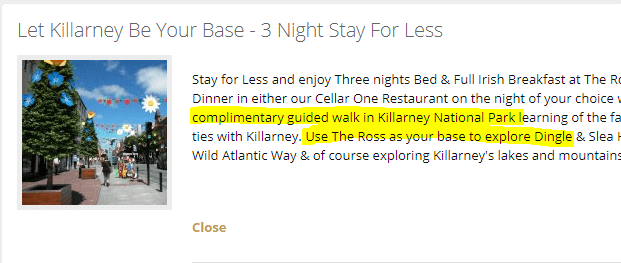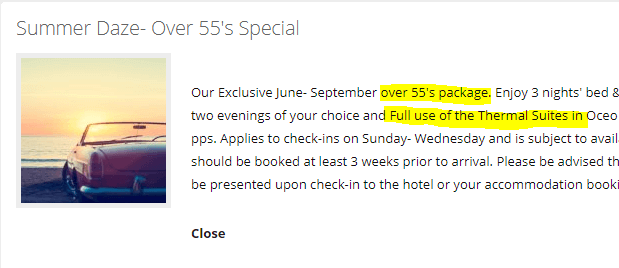
Today, every hotelier knows that the modernisation of revenue management and marketing strategies is fundamental.
NB: This is an article from NetAffinity
However, what is less known is that to really see a boost in your revenue you must align them. The task of the marketing team is to generate demand through connection with potential guests. On the other hand, the revenue management’s task is to control this demand through profitable pricing strategies. One could not survive without the other. However, merging the two teams to work as one towards the same overall business plan with regular communication will reap the rewards for your hotel. Below are a few ways in which your marketing and revenue management teams can strive together!
Taking Advantage of Organic Search
The marketing team can obtain important statistics from sites such as Google Analytics. With these statistics, the revenue management and marketing teams can work together to identify upcoming opportunities. Data regarding the most used sources or mediums in order to visit your website is vital knowledge. For example, do the majority of your site’s visitors come from organic or direct search or is it all paid activity? Once this has been acknowledged, your revenue management team will know to create a package which focuses on something like your hotel’s geographical niche to attract tourists! Take this example from The Ross in Killarney. Killarney has been named the number one destination in Ireland by Tripadvisor and The Ross are taking full advantage of this! By boasting a special offer that includes a guided walk in Killarney National Park, they are appealing to the many tourists who plan to escape to Killarney’s nature and scenic landscapes.

Optimising Packages
Google Analytics also provides the visitor’s location, age demographic and sex. This is crucial information to be shared with the revenue management team in order to create a suitable package. Once the target market has been established, your package then needs to be optimised. While the Revenue Manager knows the appropriate time to create a package from demand forecasts, a simple package is not enough in today’s hotel market. Your potential guest is exposed to many special offers, so a basic two night break won’t catch anybody’s attention! In order for your offer to thrive, your package needs to be marketable. The marketing team can specify the USPs that will capture your audience’s attention. Another example of a hotel that acquired an opportunity in this manner is the Seafield Hotel and Spa Resort. Don’t forget aspects such as the package’s image, description and title that need to be considered and developed to encourage bookings.

Once the package has been created, the Revenue Manager’s analytical skills can step up to the plate. Their knowledge of transaction level data and trend detection will prove very useful to optimise the promotion of this package. They can alert the marketing team of which online forums their guests do and don’t use. With this knowledge, the marketing team can know which would be the best methods of promoting this package.
Making Comparisons
One of the tasks of revenue management is to ensure that the hotel ranks highly against its competitors to maximise potential return. To ensure this, they must be able to make a complete and suitable competitor analysis. This is where the hotel benchmarking comes into play. As well as this, the marketing team can research online reviews, both of competing hotels and your own hotel. The rating of your hotel on social media websites may have a large impact on demand and is not something to be overlooked. The revenue management team can establish how these reviews are affecting demand and may adjust the pricing accordingly.
Effective Communication
The importance of effective communication between both teams cannot be stressed enough. Exchanging the data that they possess will provide a more integrated, relevant approach to information. If the decisions of both teams are being made with full access to information such as data and analytics, it will ensure that the right guest is being attracted to your hotel at the right time.
Furthermore, it can help to prevent the need to resort to last minute deals. If the Revenue Manager forecasts a period of low demand, the sooner they inform the marketing team, the better! If enough time is given, the marketing team can create and optimise effective targeted campaigns to encourage bookings. This will reduce the likelihood of having to resort to reduced rates in order to fill rooms. No-one likes being a last resort, especially your hotel’s booking engine!
Conclusion
The correct marketing strategy will drive traffic and generate guest bookings. Separately, the correct revenue management will optimise product availability and maximise revenue growth. Both are key processes for your hotel to have and develop. However, when combined, the two processes are enhanced to form one of the best ways to make your hotel thrive. How do you plan to merge your two teams and increase their communication?




